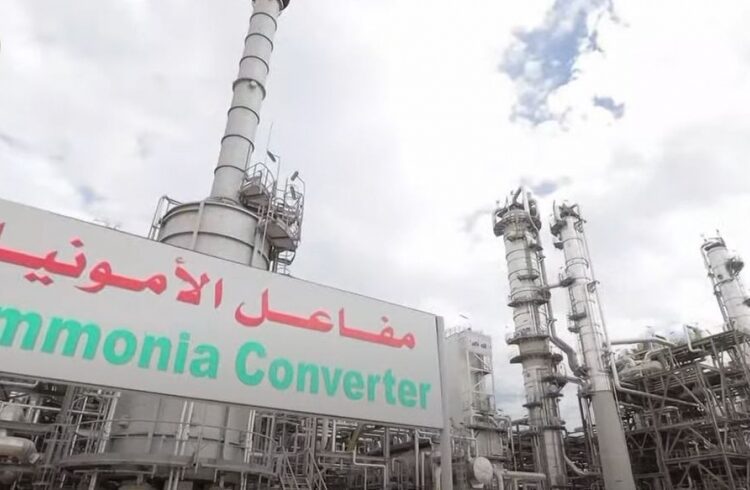Egyptian President Abdel Fattah El Sisi on Tuesday witnessed the inauguration of new expansion works of ammonia nitrate – urea plant in Kima, Aswan as part of the national projects inaugurated in Upper Egypt under the “Upper Egypt Week”.
Prime Minister Moustafa Madbouli, a number of ministers and state officials are attending.
Kima factory is one of the biggest industrial complexes in Upper Egypt and its production capacity amounts to 1,200 tonnes daily.
The cost of Kima complex development hit LE11.6 billion.
Addressing the inauguration of Kima factory after its rehabilitation, Minister of Public Enterprises Hisham Tawfiq asserted that the state has extended all the necessary support to the public enterprises companies over the past few years, noting that Egypt ranked as the sixth biggest producer and the fifth exporter of urea worldwide.
He said Egypt produces nitrogen fertilisers of about 7.8m tons annually, while its production of phosphate fertilisers in Al Ain Al Sokhna factory is estimated at 4.3 million tonnes.
He highlighted the importance of projects carried out by the Holding Company for Chemical Industries, affiliated to the Ministry of Public Enterprises, noting that Kima factory included a new unit for ammonia nitrate with the use of natural gas and its cost amounted to LE250 million, in addition to a new unit for electric ammonia synthesis (the old factory of Kima 1).
The minister went on to say that a new unit for production of ammonia was set up in Talkha, Delta region, with a production capacity of 1,200 tonnes/per day, along with other units in Suez.
Following Tawfiq’s word, Sisi inaugurated Fayyoum cotton ginning factory as part of “The Upper Egypt Week”.
Addressing a ceremony to mark the inauguration of Kima factory rehabilitation, Minister of Agriculture and Land Reclamation El Sayed el Quseir said the agriculture sector over past seven years witnessed unprecedented achievement that complies with Egypt’s vision for 2030.
He made it clear that Egypt’s vision, which complies with the sustainable development objectives, included enhancement of food security.
Quseir said this progress in the agricultural sector also aimed at improving food quality, ending poverty in rural areas, increasing competitiveness of the Egyptian exports, creating more job opportunities as well as adapting with the climate change effects.
Following Quseir’s word, a documentary film under the name of “Citadels of Development” was displayed.
The film sheds light on integration as the main pillar of achieving the aspirations of the Egyptian nation with the aim of achieving a civilizational leap in the modern history. It also underlined that consolidation of industrial efforts along with introducing an agricultural development could push forward the state’s development march.






Discussion about this post